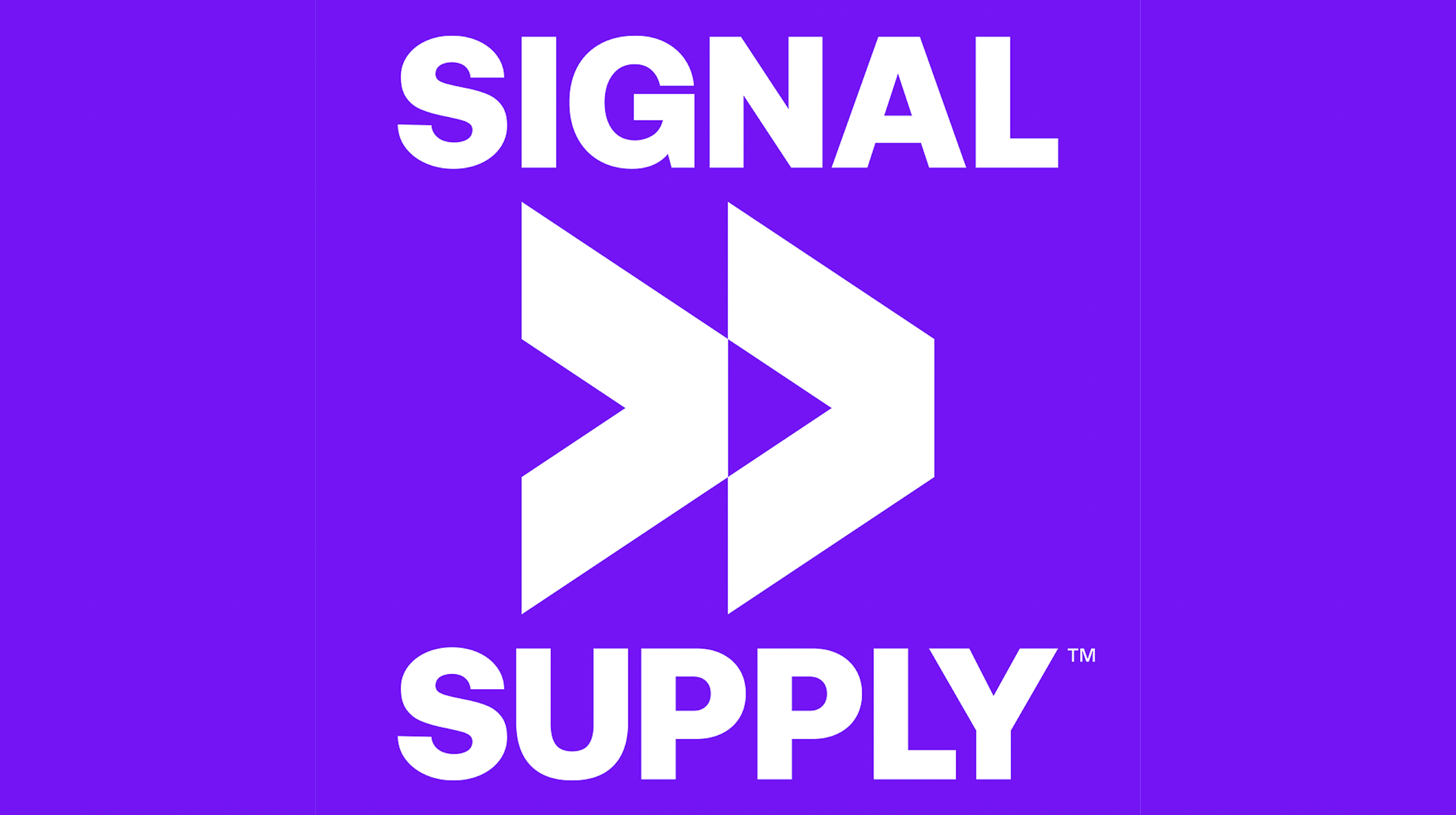Atlantic Records UK has launched a brand new dance imprint under the moniker SIGNAL >> SUPPLY, which will look to break the most exciting new talent emerging from the genre. The label will be led by Atlantic’s newly promoted head of dance marketing Tristan Parsons, who has spoken to Headliner about his plans to support and profile new artists.
The new imprint follows a period of huge success from Atlantic signings Fred Again.., Joel Corry and Nathan Dawe, as well as international artists such as Galantis, Tiësto, Sam Feldt and Skrillex, who have all flourished under the guidance of the newly formed SIGNAL >> SUPPLY team. They will be using this expertise to build a label that is a true reflection of the explosion of subcultures within electronic music.
Parsons, who joined the company in 2015, will oversee the day-to-day running of SIGNAL >> SUPPLY, working alongside senior A&R managers Joe Barbe and Kevin Christian-Blair.
Ed Howard and Briony Turner, co-presidents, Atlantic Records UK, said: “Dance music has been a dominant gene in music culture for decades and today feels as influential as ever, so we’re excited to develop a dedicated arm within the Atlantic UK stable in SIGNAL >> SUPPLY.
"This new imprint will be a breeding ground for Tristan, Kevin and Joe to create a truly subversive roster for a new generation of dance music fans. We’re very proud of all they have achieved and thrilled to start this new chapter with them.”
Headliner caught up with Parsons to discuss his strategy for the new label and the artists making waves across the scene…
What was the thinking behind the launch of the label?
Atlantic have had a load of success in the commercial dance music space, Rudimental, Joel Corry, Nathan Dawe, Sam Feldt, that sort of thing. But we’re aware those artists haven’t necessarily been releasing music from a left-of-centre place, so we started SIGNAL >> SUPPLY as part of our desire to get into that more underground, early artist space, and challenge ourselves in a space where the music is more born from clubs.
There is a lot of passion from the team for this kind of music. We’ve been spending a lot of time doing live streams with Joel Corry and just wanting to get back clubbing and listening to a lot of this kind of music.
And it felt to me like there were some really exciting artists and tracks that weren’t getting the profile they could have done if they had the push of a major label behind them. So, we sold the idea to Ed and Briony (co-presidents, Atlantic UK) and it came about through that.




